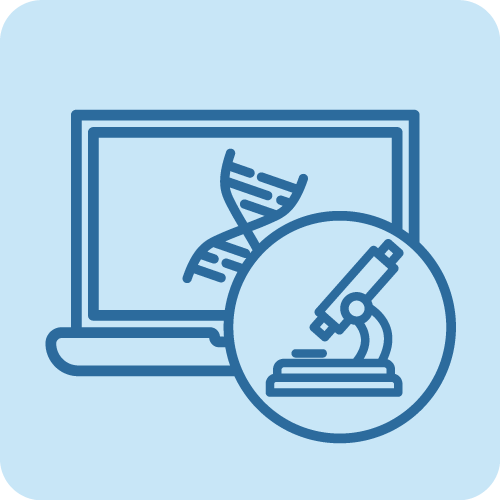Functional mimicry of the human dipeptidyl peptidase-4 activity by the gut microbes and dietary strategies for its inhibition – MIMICROBES
Human microbiome research is fast-growing due to the advances in omics technologies permitting the disentangling of the microbial ecosystem’s vast complexity and defining associations among microbiota and health and disease states. Our proposal aims to establish a pioneering line of investigation in Spain beyond the extended and generalist association studies between microbiota composition and health. Thus, the aims of this proposal align with future trends in microbiome research led by world-class research groups and based on the study of molecular mechanisms by which the intestinal microbiota modulates our metabolism. In particular, MIMICROBES will explore the potential of mimicry of the intestinal microbiome based on the capacity to encode enzymes able to replicate molecular functions already encoded in the human genome. Particularly, MIMICROBES will study in depth the characterization of functional homologs of the human dipeptidyl peptidase 4 (DPP4 or CD26) enzyme, which are widely encoded in the species of the Bacteroidota phylum. MIMICROBES aims to demonstrate that the human intestinal microbiome encodes, produces, and releases enzymes with a molecular functionality almost identical to those encoded in the human genome. Beyond the phylogenetic relationships underlying such functional homologies challenging to be distinguished by sequence-based approaches, the global aim of MIMICROBES will be directed to demonstrate the impact of such microbiome-derived components to modulate the immune and metabolic response and the gut barrier function. This approach has the potential to uncover novel therapeutic targets and disease markers. Additionally, a better understanding of bacterial DPP4 might revolutionize the next generation of DPP4 inhibitors through the development of new dietary interventions for the treatment of hyperglycemia associated with obesity.
Members (researchers): Alfonso Benítez Páez
Information
Type of Funding: National (PID2023-150523NB-I00)
Period: 01/01/2025 - 31/12/2027

